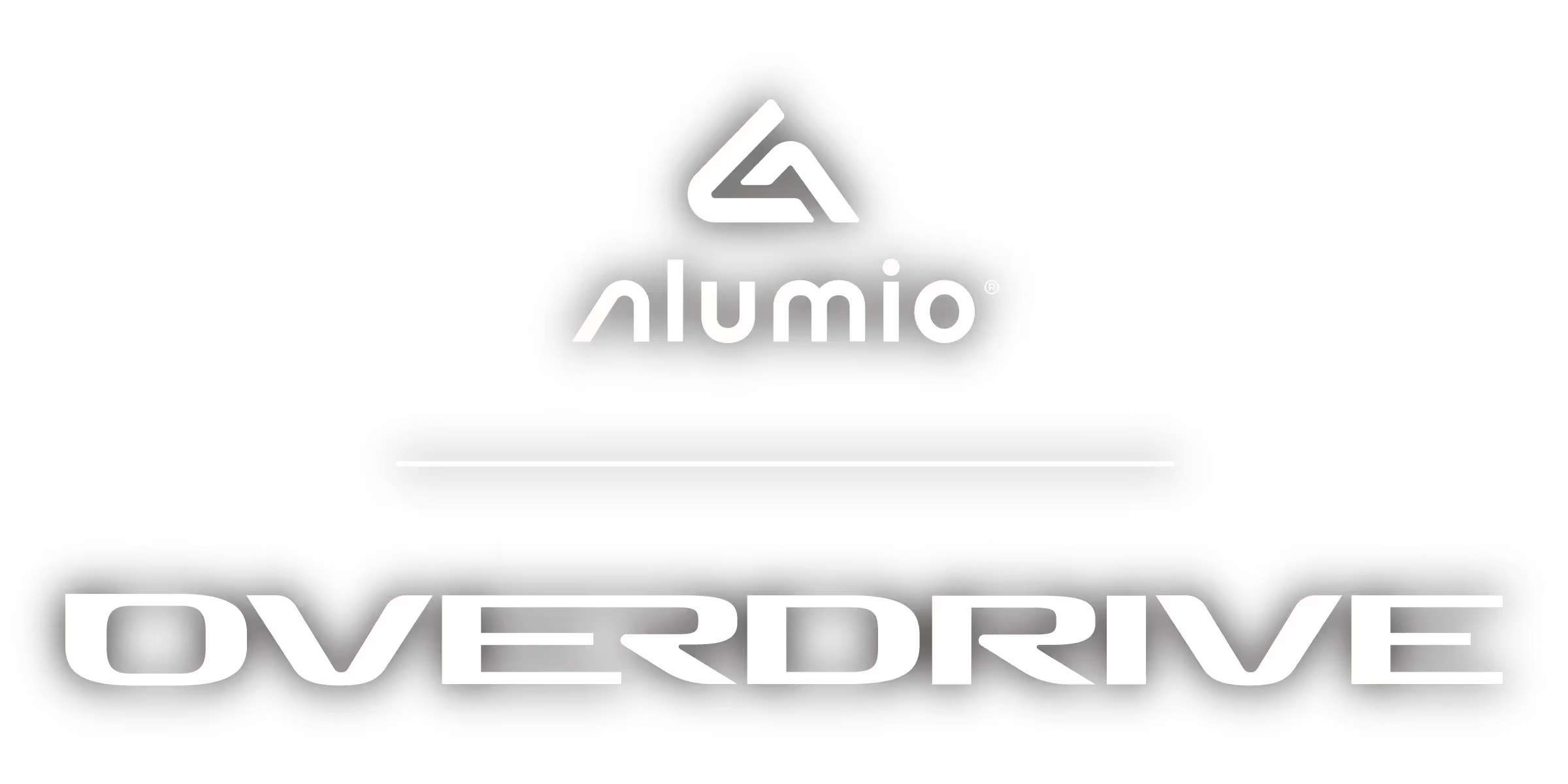7 business benefits of the Alumio integration platform
What problems are modern businesses facing?
In our rapidly evolving digital world, companies outpacing all competitors have a “Data-Driven, Digital First” approach. These companies invest in developing connected IT infrastructures powered by cloud applications and software solutions (SaaS). However, manually creating these business-critical software connections or data integrations via custom code leads to a messy and entangled IT landscape that cannot accommodate growth.
As such, the current situation for many organizations is that manual resource-draining processes bog down their businesses or are only partially connected to business-critical software. These companies do not have holistic data access nor the ability to utilize business data across all their systems or business processes, both prerequisites for digital growth.
To help tackle this problem, most modern businesses are moving towards a next-gent software integration solution called the iPaaS (integration Platform as a Service). An iPaaS provides scalable and secure IT infrastructure to seamlessly connect software, cloud apps, or data sources across on-premises and cloud environments, and many companies have chosen Alumio as their preferred iPaaS.
Why do businesses choose Alumio?
The short answer is that Alumio provides companies with a flexible, cost-effective, and future-proof solution like no other. The platform helps companies create, manage and organize all their software and data integrations on one central platform. It enables complete real-time data access across all connected systems in their IT ecosystem and empowers digital growth.
The long answer, and the best way to unpack the information, is to divide it into 7 key business benefits, which are the following:
Be API-driven
Connect multiple software rapidly
Become agile
Create a scalable IT ecosystem
Ensure cost-optimization
Be privacy compliant and secure
Benefit from AI and ML
Keep on reading to learn all the details!
1. Be API-driven
It’s an API world, and we’re all just living in it. The digital world has become more interactive and demanding than ever, with customers seeking holistic user experiences where all the different applications and digital services are seamlessly interconnected. The secret behind this interconnectedness of software and cloud applications that customers experience are APIs (Application Programming Interfaces). Also known as data stewards, APIs help any two different software or applications converse and exchange data and services; they are translators of sorts!
But…Why do organizations need API-driven business models?
In short, APIs hold the key to digital growth. An API-driven strategy is crucial in obtaining successful digitalization because it significantly reduces the need to develop complex connections between applications and eliminates the need to build new software solutions from scratch. In this regard, APIs help companies avoid having to reinvent the wheel by allowing them to quickly adapt and integrate a wide range of services and solutions to eliminate business roadblocks and achieve bigger goals.

“APIs are now central to application architecture because they enable loosely coupled integrations, as well as being the data conduits behind mobile apps and many IoT devices.”
How does Alumio help simplify API integrations?
By allowing businesses to configure the APIs of any software or systems they wish to connect to on a user-friendly interface, Alumio makes it possible to create, monitor, modify, and manage software integrations to suit evolving business needs. To improve the security of APIs, Alumio also provides automated monitoring and logging that helps instantly detect API conflicts or integration errors in an IT landscape. This doesn’t just significantly lower the total cost of developing and managing integrations, but it exponentially speeds up how companies can connect with software to automate their business processes, significantly improving the time to market.
Read more about how Alumio helps lower the total cost of ownership with your system integrations.
Benefits of integrating APIs using Alumio in various market segments:
Retail
Alumio can integrate the APIs in the domain of Retail to expose product, inventory, and pricing data to display on their website and support order entity, payment, and shipping data from online customers.
Finance
A bank or investment firm uses APIs to view a customer’s financial information - such as account balances, transactions, and holdings. An API also handles financial transactions through the institution, such as bill payments and transfers.
E-commerce
Integrating e-commerce systems via their APIs helps digitalize processes like Order entry, Order management, Shipping, Invoicing, Returns, Issue management, Tracking, Warranty, Payments, and Credits. It also enables “How-to wizards” to present great walkthroughs.
Supply chain
Connecting APIs in the supply chain allows businesses to share data such as a package’s current location and delivery ETA - think FedEx, UPS, and DHL. Businesses can also couple such data with other APIs that expose warehouse data, such as current inventories, to determine when to place new product orders optimally.





.svg)












